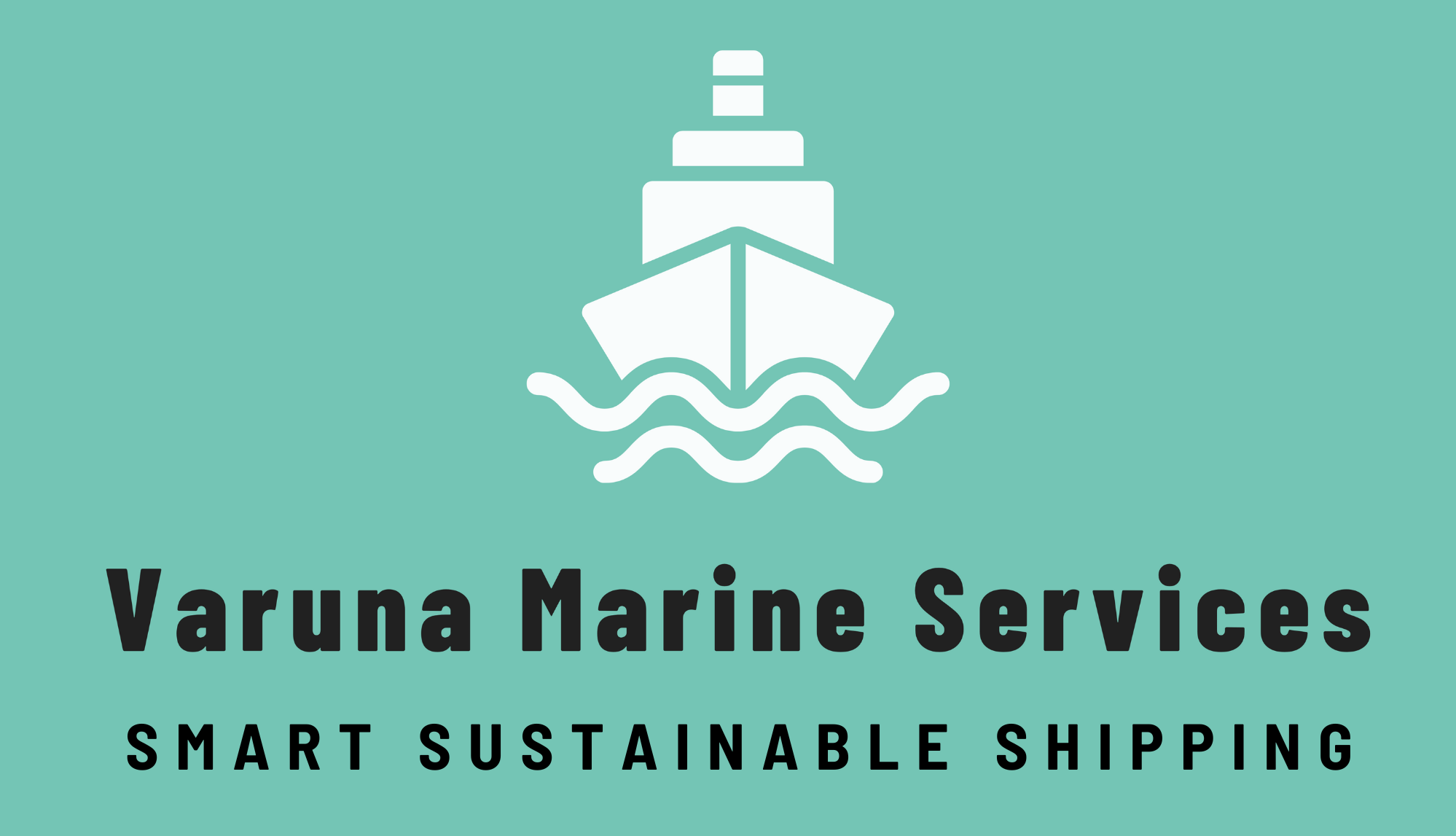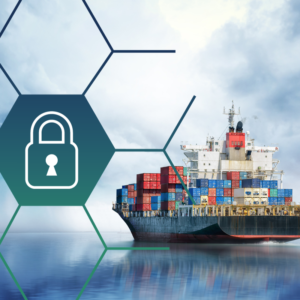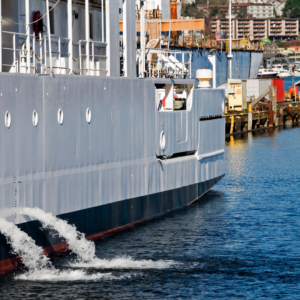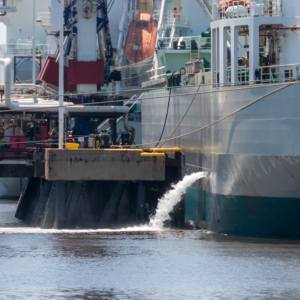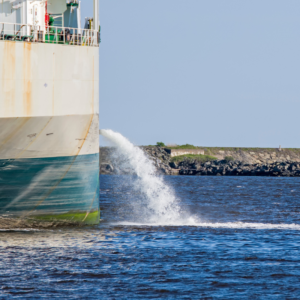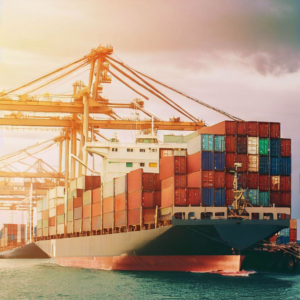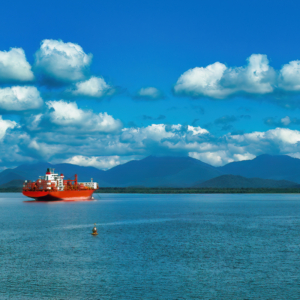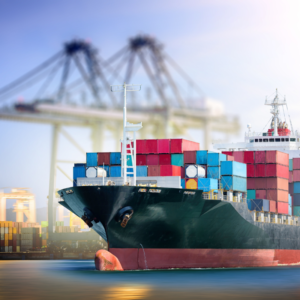In a significant move towards a greener future, the European Union has expanded its Emissions Trading System (EU ETS) to include maritime transport emissions, effective from 2024.
Remote surveys and inspections, as well as IoT-driven data analytics, can all provide new opportunities for hackers. Therefore, it is essential for maritime companies to have a robust cyber risk management plan in place.
Remote surveys and inspections, as well as IoT-driven data analytics, can all provide new opportunities for hackers. Therefore, it is essential for maritime companies to have a robust cyber risk management plan in place.
In an era where technological advancements are transforming every industry, the maritime sector is no exception. As vessels become increasingly interconnected and reliant on digital systems, the need for robust cybersecurity measures has never been more critical..
Automation, digitization and integration drive maritime industries now more than ever. The maritime infrastructure is more reliant on cyber technology. Consequently, cyber security has been a major cause of alarm in maritime industry.
Remote surveys and inspections, as well as IoT-driven data analytics, can all provide new opportunities for hackers. Therefore, it is essential for maritime companies to have a robust cyber risk management plan in place.
Regardless of your organization’s risk appetite, you need to include cybersecurity planning as part of your enterprise risk management process and ordinary business operations. It’s one of the top risks to any business.
The world economy is heavily dependent on maritime transport, as most of the international trade is carried out by sea. Delay in shipping can result in severe financial loss, especially for the management team in the distribution channel.
Today’s global maritime sector is increasingly dependent on digitization, operational integration, and automation. The widespread and rapid implementation of IT systems and internet communications for ships at sea
Commissioning testing of ballast water management systems is an essential step in ensuring that these systems are functioning properly and effectively treating ballast water before it is released into the environment.
Vessels sailing in US waters must comply with the US maritime regulations on ballast water discharge and exchange, essentially as the US is not a signatory of the Ballast Water Management (BWM) Convention.
Ballast water reduces stress on the hull, balances off for the weight loss due to consumption of water and fuel, provides better maneuverability with sufficient vessel draft, including ship propeller immersion,
As the shipping industry continues to evolve, regulations surrounding the safe and environmentally sound recycling of ships have become increasingly important.
As discussed earlier, the presence of hazardous substances on ships is widespread and it is questionable whether they will be eliminated as they are essential for the construction
An IHM gives insight into the presence of dangerous substances on board a ship and thus minimizes the risks to the health of employees and the environment.
An IHM is ship-specific and covers the entire life of the vessel, from the construction of the vessel up to the scrapping and recycling at the end of the ship’s operating life.
The International Maritime Organization (IMO) has developed many international conventions to protect the safety of the crew, cargo, and the environment. Nonetheless, maritime accidents still happen resulting in losses of lives, property, and damage to the marine environment.
Despite strict controls by classification societies, flag states, port state controls, insurers and brokers, inferior ships continue to operate and pose serious risks to human life and the environment.
Maritime digitalization is a complex and multi-faceted process that involves the integration of a wide range of technologies, including SaaS, IoT, AI, and blockchain. By using these technologies, shipping companies can improve efficiency, safety, and sustainability, and stay competitive in the global marketplace.
Today one of the most-discussed topics in the shipping industry is that of “sustainability.”
There is a growing awareness in the maritime world about the need for sustainable shipping and the various ways to implement the same. While we are aware of the large-scale impact sustainability can have, the advantage of a sustainable future on a personal level is still unfathomable.
